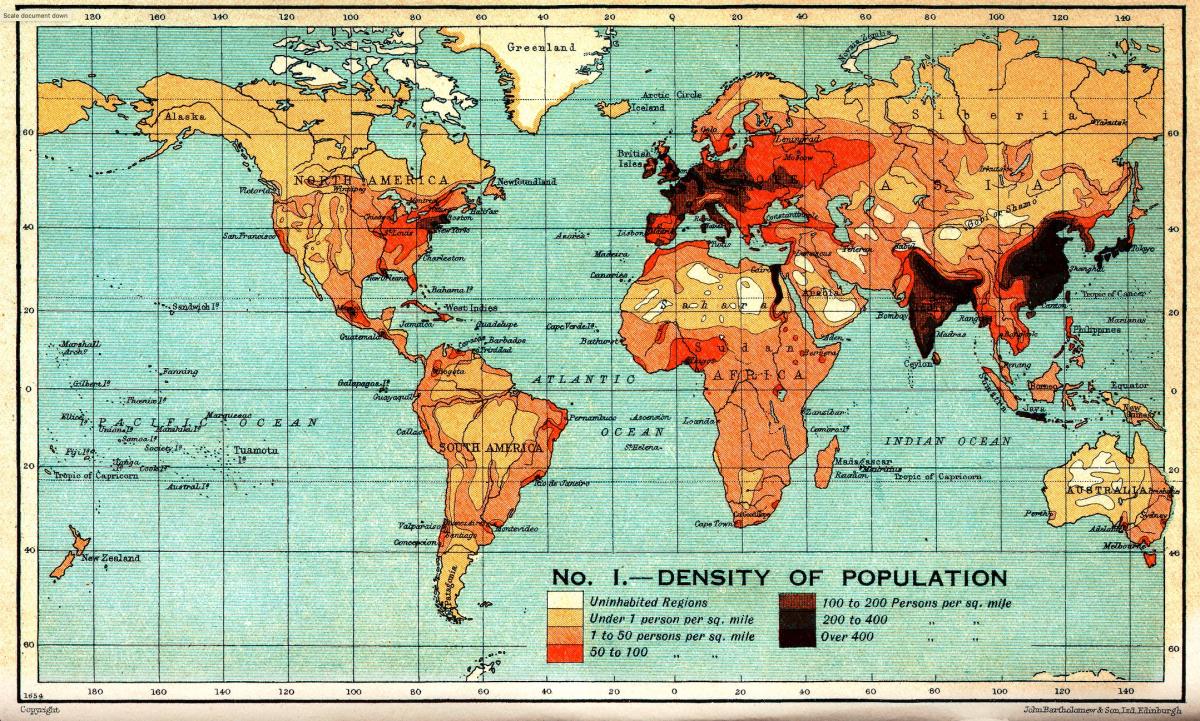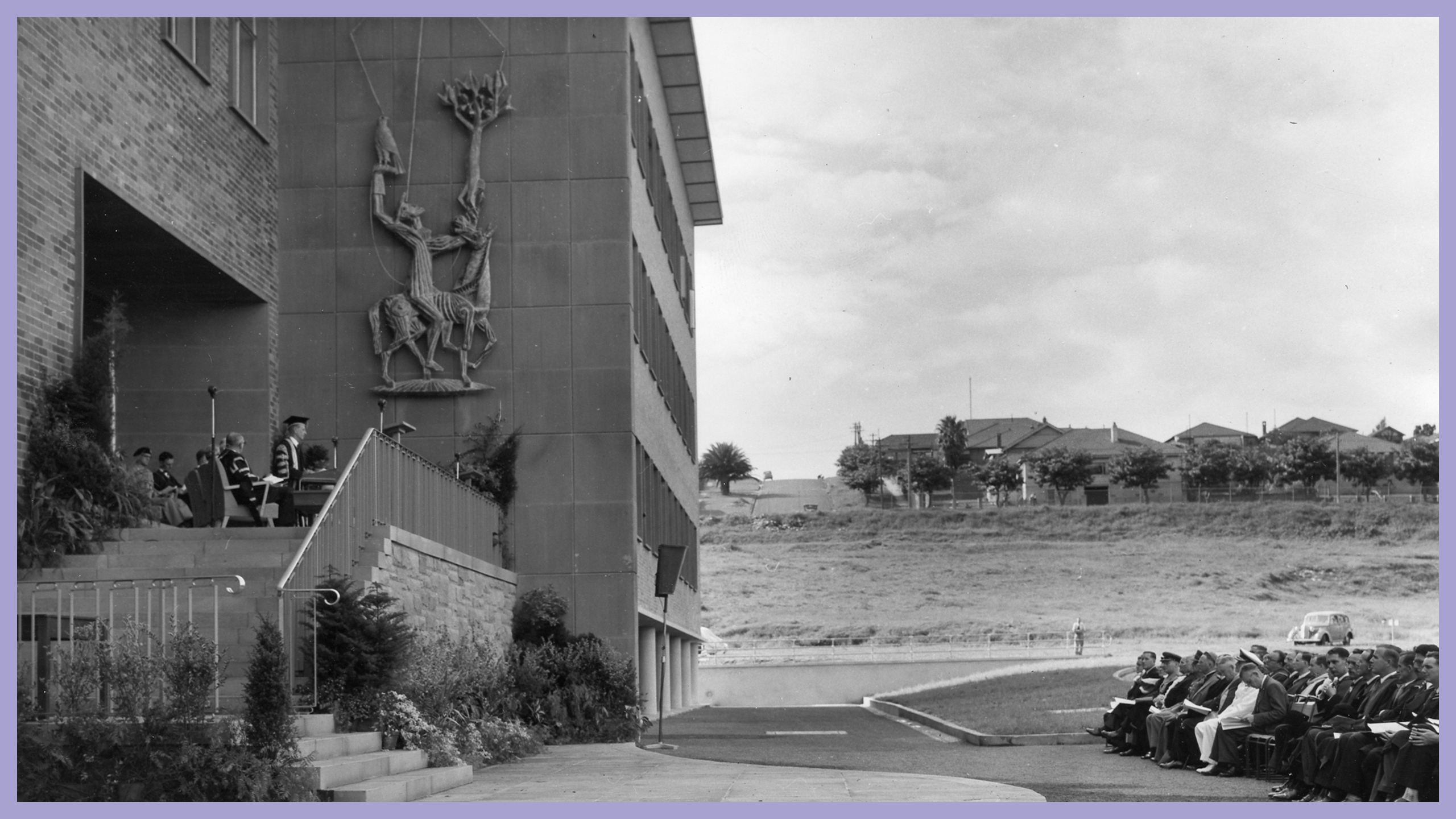Promiscuously Peopling the Colony: Labour, Population, and Proposals for Penal Colonisation in Southern Africa, c.1840-1865

In mid-nineteenth-century southern Africa, proposed convict transportation schemes were among several solutions forwarded to address the problem of labour control and to increase settler populations. In the context of violently expanding frontiers of settler colonialism in the Cape of Good Hope, British Kaffraria and Natal, some settlers argued that convicts would establish colonial economies more firmly on the map of maritime empire. Although a minority view never implemented, the idea of penal colonisation in southern Africa runs counter to the established historical narrative that support for convict transportation from Britain and Ireland ended with the strong protest against the landing of the Neptune convict ship in Cape Town in 1849–1850. These transported ticket-of-leave convicts, it is often forgotten, were to build harbour works in Table Bay, enhancing the capacity of Cape Town as a bridgehead on a British imperial axis between the Atlantic and Indian oceans. By considering imagined futures of settler colonialism in the region, this paper considers the longevity of penal colonies within the political economy of global colonial imaginaries, and within a southern African context after slave emancipation but before the mineral revolution of diamond and gold mining.
In the Cape Colony and British Kaffraria, a series of wars with Indigenous peoples on the frontier culminated in the millenarian tragedy of famine caused by the Great Xhosa Cattle Killing of 1857. In the aftermath, population, land dispossession, labour control and capital accumulation became ever more entwined within the minds of officials like governor George Grey and settlers on the frontier. I suggest that rather than turn against convicts as a solution for settler colonial economies in southern Africa, penal regimes became central to the coercive power of the settler state as the nineteenth century progressed. It was convict labour schemes comprised of the locally convicted who built public works, and which also served as a safety valve for disciplining and violently dispossessing Indigenous subjects on the colonial frontier. And instead of transported convicts, German settlers arrived in British Kaffraria from 1857, and Indian Indentured labourers in Natal from 1860, reshaping populations and colonial economies.

Dr Chris Holdridge
Dr Chris Holdridge is senior lecturer in history at North-West University, Potchefstroom, South Africa. He completed his PhD at the University of Sydney in 2015. Dr Holdridge’s research focuses on carceral regimes within the British Empire – whether penal colonies, or prisoner-of-war camps during the South African War, 1899-1902. He is currently working on a book titled The Ends of Britain’s Convict Empire: Popular Politics and Settler Colonialism, 1838–1868.



